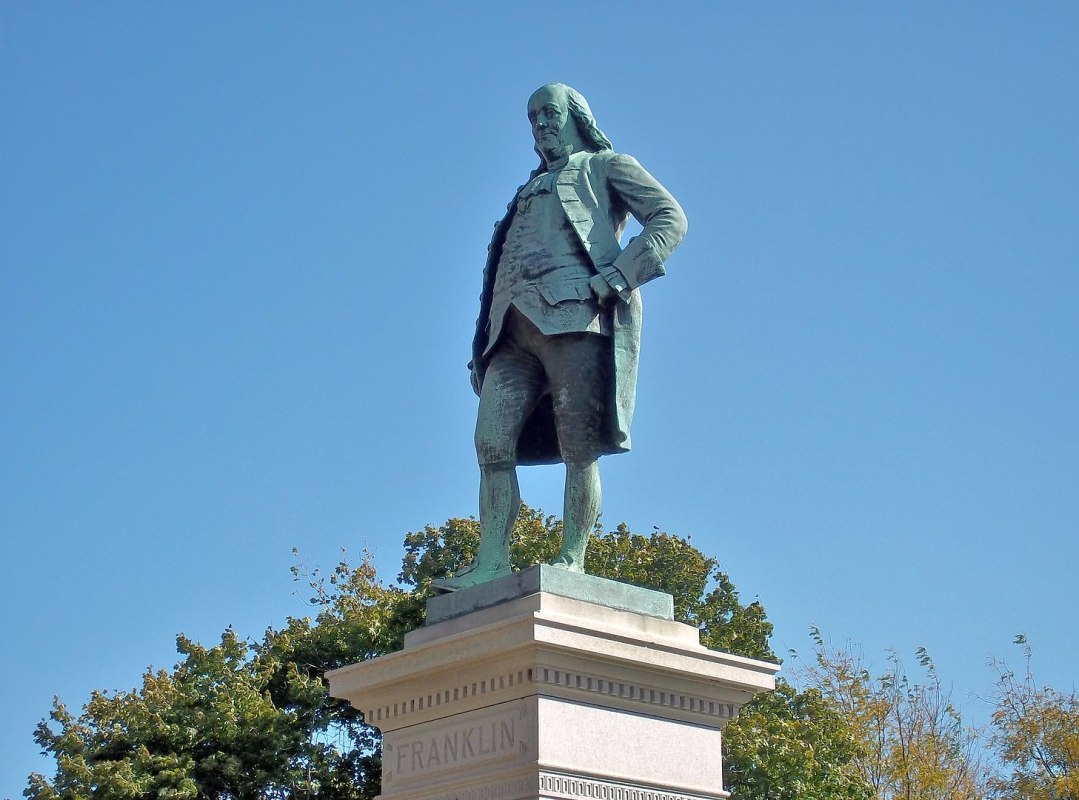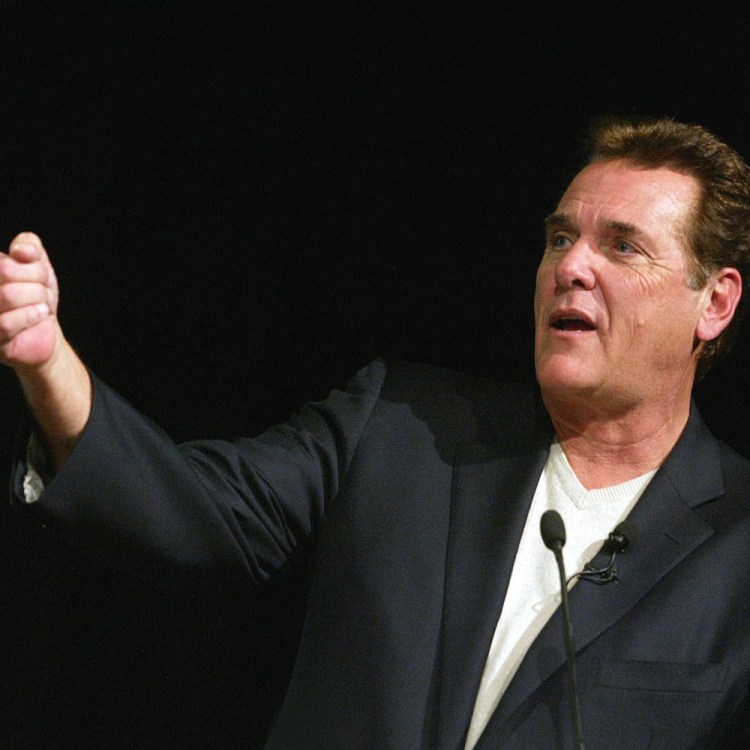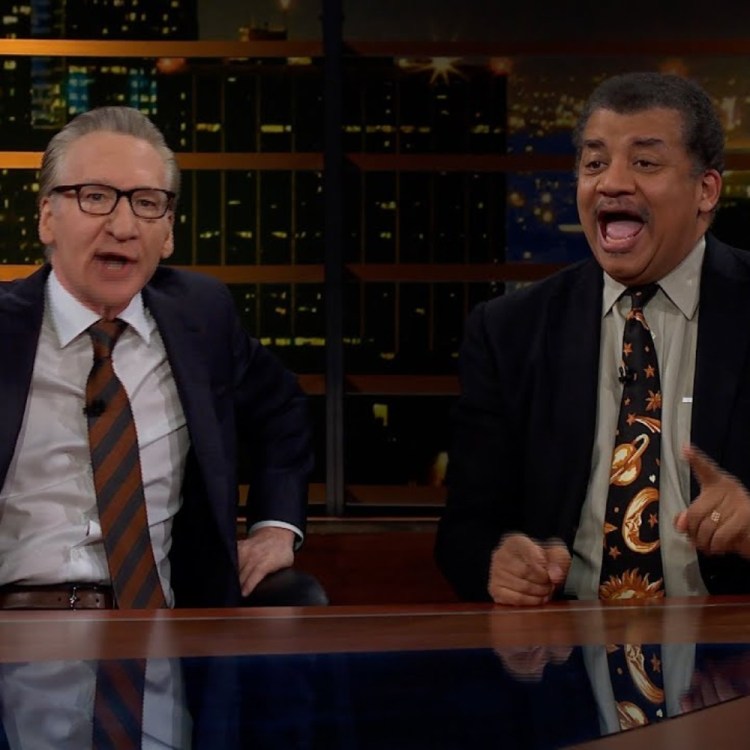With public health authorities in the United States working to get unvaccinated people to take one of the approved vaccines to fight COVID-19, a number of historians have looked back into the nation’s history to find moments relevant to the current situation. It’s an understandable approach — and, hey, maybe the fact that George Washington was a proponent of inoculating his Revolutionary War troops against smallpox will help more people get vaccinated against the current pandemic.
Washington isn’t the only notable figure from American history for whom inoculations or vaccinations played a significant role, however. In a new article at The Washington Post, Gillian Brockell revisited a tragic moment from the life of Benjamin Franklin — the death, in 1736, of his young son Francis as a result of smallpox.
As Brockell notes, this was especially wrenching for Franklin, who had long been an advocate for inoculation — but whose son had not been inoculated against the disease.
The parallels to the present moment are, at times, uncanny. The article points out that some skeptics of inoculation sought to use Francis’s death to prove that the practice wasn’t safe, as they’d assumed Franklin had inoculated his son.
Brockell also cites the work of historian Stephen Coss, author of The Fever of 1721: The Epidemic That Revolutionized Medicine and American Politics, who makes a convincing argument that Franklin’s wife — who didn’t share his feelings on inoculation — convinced him to forego the practice for their son.
It’s a tragedy that would likely have been avoided had Franklin’s son been inoculated. And, as the article makes clear, it weighed heavily on Franklin in the years that followed. It’s not hard to see the parallels between then and now — or the dangers of not taking precautions against a potentially fatal illness.
Thanks for reading InsideHook. Sign up for our daily newsletter and be in the know.

















